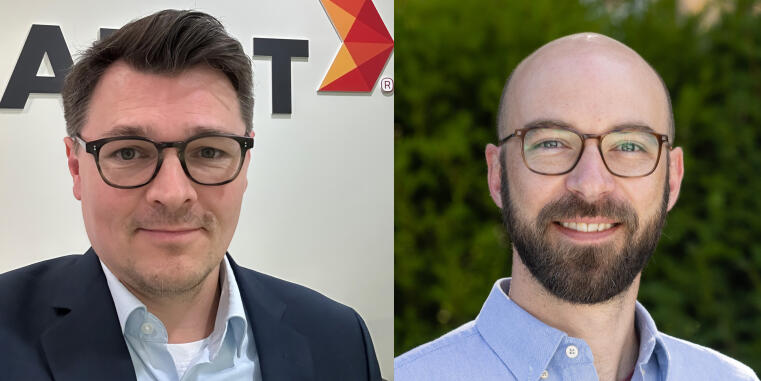“The Battery Family in Münster Continues to Grow”
With MEET Battery Research Center at the University of Münster, the International Graduate School BACCARA, other university institutes, Helmholtz Institute Münster of Forschungszentrum Jülich and the Fraunhofer Research Institution for Battery Cell Production FFB, Münster offers a strong research infrastructure. By establishing internationally active companies such as E-Lyte Innovations, LG Energy Solution, Cabot Corporation and Green Li-ion, the transfer from research to application is also ensured. On the occasion of Battery Day on February 18th, Dr Markus Börner, Head of the Research Division “Cell System” at MEET Battery Research Center, and Dr Alex Friesen, R&D Manager for Battery Materials at Cabot Corporation, explains how strong collaborations between industry and academia continue to advance battery research and at the same time enable Münster to grow as a Battery City.
As an internationally active company, Cabot is at home in the specialty chemicals sector. Which product area is located at Münster?
Alex Friesen: Cabot Corporation produces, among other things, conductive additives that are required for the production of batteries. We manufacture these components in Münster. In the long term, we plan to set up a location here with up to 15 employees who will focus more on Research and Development (R&D). We are currently still under construction, but from autumn 2024 we will continue to expand our laboratory space and gradually intensify our research activities.

What does Münster offer for the battery community?
Alex Friesen: Since our company follows the “local-for-local” strategy, it was clear to us that after expanding in Europe, Cabot wanted to support its customers with a local branch. Münster's good reputation as a business location was not the only factor to be considered, there were also initial contacts and projects between Cabot and MEET. In addition, the Münster Business Development Office presented a convincing concept and provided excellent support for the settlement. The possibilities of personnel recruiting also had a significant influence on our location decision. Münster has the full range of highly qualified specialists: technicians, PhD students or postdocs. Some of them would like to stay in the city after their training. Thanks to the combination of good career prospects and a city worth living in, we are attractive to applicants.
Markus Börner: Here in Münster we offer both strong fundamental and extensive application-oriented research on battery systems. MEET Battery Research Center already celebrates its 15th anniversary this year. Further current milestones that continue Münster's path as a Battery City are the new building of Helmholtz Institute Münster for electrolyte research and the establishment of the Fraunhofer Research Institution for Battery Cell Production FFB, which will enable research on the scaling-up of battery production. With Cabot we have now one of the leading suppliers of conductive additives on site, and important binder manufacturers are also nearby. I'm happy to see how the battery family in Münster continues to grow.
What are the advantages of Cabot's immediate proximity to research institutions such as MEET?
Alex Friesen: Thanks to short distances, we can provide materials promptly or carry out joint test series at short notice. We do not waste any time on postage, complex deliveries or lengthy arrangements. This applies to the collaboration with MEET, but also to other research institutes and analysis laboratories that are located near us. In addition, we can align the interests of our customers and research through direct exchange and use this to develop targeted bilateral cooperation or larger funding projects with several partners.
Markus Börner: The geographical proximity allows us enormous flexibility in our collaboration. People know each other, know which laboratories and equipment are available and which tests can be carried out. A quick call is often enough to coordinate. In addition, working with companies like Cabot is particularly important for us to understand the needs of the industry even better. In order to further advance battery research nationally and internationally, industry and academia must work even closer together and increasingly focus on both short- and long-term research projects.
What do you wish for Münster as a battery location in future?
Alex Friesen: An even greater diversification of material manufacturers in the region. The Münster Business Development Office also has this on its agenda. Batteries are multi-component systems and require many partners who work closely together: the more players, the better.
Markus Börner: If more companies from the battery industry settle here at this location, it gives us as a research institution the opportunity to get closer to the users and understand the different perspectives even better. New players further enhance the location as a Battery City. It would be exciting if companies that deal with active materials or next-generation batteries such as solid-state batteries set up.

